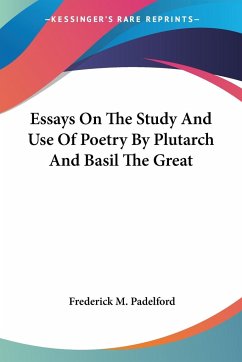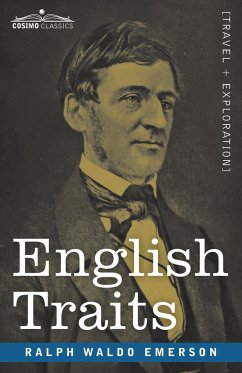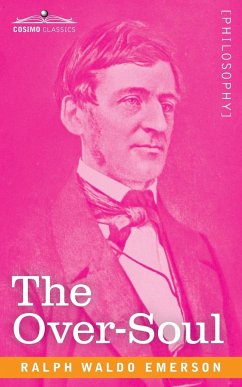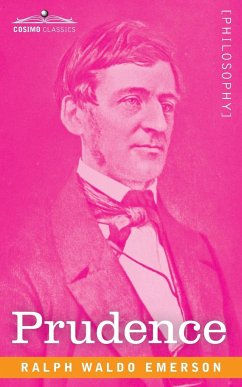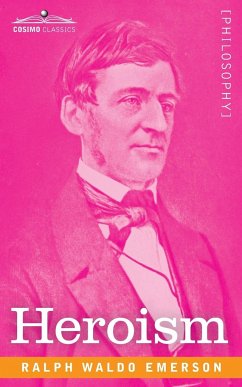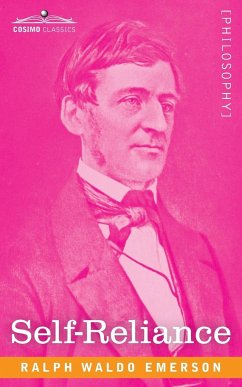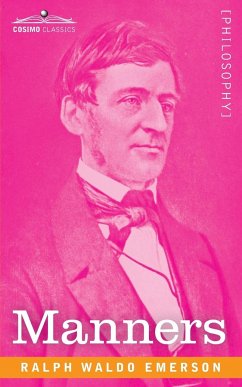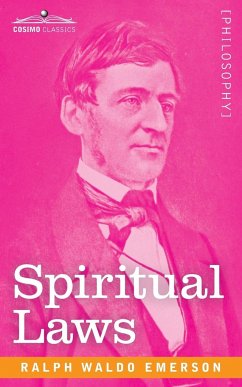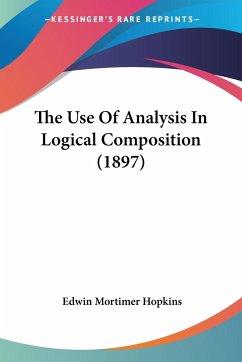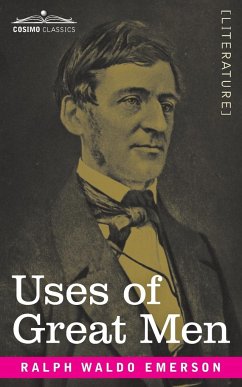
Use of Great Men
Versandkostenfrei!
Versandfertig in 1-2 Wochen
9,49 €
inkl. MwSt.

PAYBACK Punkte
5 °P sammeln!
"...great men exist that there may be greater men. The destiny of organized nature is amelioration, and who can tell its limits." -Ralph Waldo Emerson, Use of Great Men (1850) Use of Great Men by Ralph Waldo Emerson (1850) is one of seven essays about notable scholars whom the author discusses in his collection entitled Representative Men (also available from Cosimo Classics). In most respects, it expresses the nineteenth-century belief in continuous improvement brought about the industrial revolution. With this essay as an introductory summary of the author's perspective on greatness, the ess...
"...great men exist that there may be greater men. The destiny of organized nature is amelioration, and who can tell its limits." -Ralph Waldo Emerson, Use of Great Men (1850) Use of Great Men by Ralph Waldo Emerson (1850) is one of seven essays about notable scholars whom the author discusses in his collection entitled Representative Men (also available from Cosimo Classics). In most respects, it expresses the nineteenth-century belief in continuous improvement brought about the industrial revolution. With this essay as an introductory summary of the author's perspective on greatness, the essays that discuss the seven scholars in the book serve as illustrations of his point of view.





